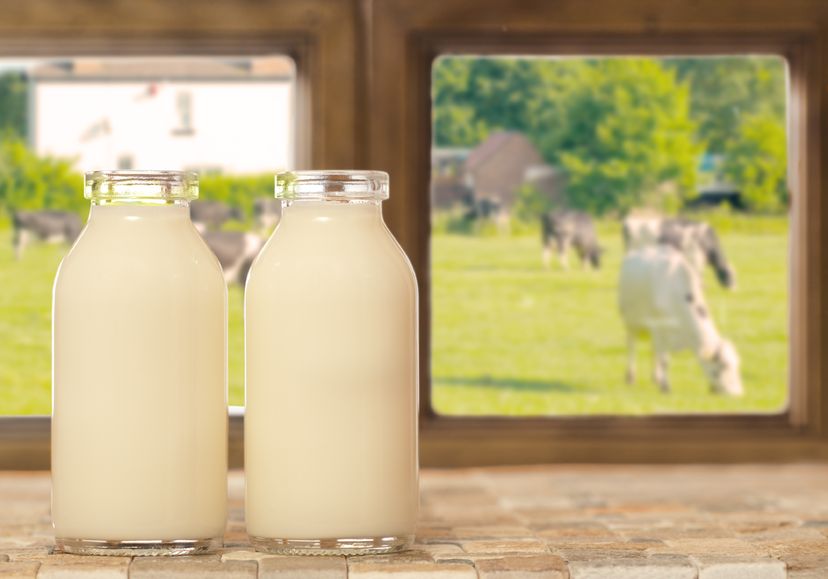
The role that dairy plays in a healthy balanced diet is often misrepresented and it's time to set the record straight, the Dairy Council has urged.
The spread of misinformation and quick-fix diets on social media continue to undermine the ability of the average consumer to enjoy and understand what constitutes a healthy, balanced diet, according to the dairy advocacy group.
The Council said there many "myths and misconceptions" around food, and dairy is often in the firing line of controversy.
Indeed, it led the National Farmers' Union dairy team to create the ‘Proud of Dairy’ campaign to promote the health benefits of dairy and the high-standards of animal welfare amid increasing anti-dairy activism.
'Draw a line'
The dairy industry has also been urged to respond 'dynamically and forcefully' on social media to those who challenge its 'nutritional and environmental integrity'.
"There is now a need to draw a line under the myths about dairy and to communicate the facts direct to the public," according to Erica Hocking, senior nutrition scientist with the Dairy Council.
"Dairy is often accused of being a cause of health conditions, including obesity and heart disease."
"The science relating to nutrition can be confusing and diet fads on social media can make matters worse. We’re explaining the evidence for consumers to help them make informed decisions based on the facts."
Misconception
Ms Hocking said there is a misconception that milk and dairy foods are full of fat and high in calories.
She said that, in fact, they contribute a relatively small amount of fat and calories per portion, and can easily fit into a healthy balanced diet.
"Scientific studies have shown that eating dairy might even help with fat loss in a calorie restricted diet. It is believed that the calcium and protein in dairy may stimulate feelings of fullness and calcium may also reduce the amount of fat that is absorbed in the gut," she said.
Nutritionists have explained that dairy foods are nutrient-rich and a source protein, calcium, phosphorus, potassium, iodine and vitamins B2, B5 and B12.
